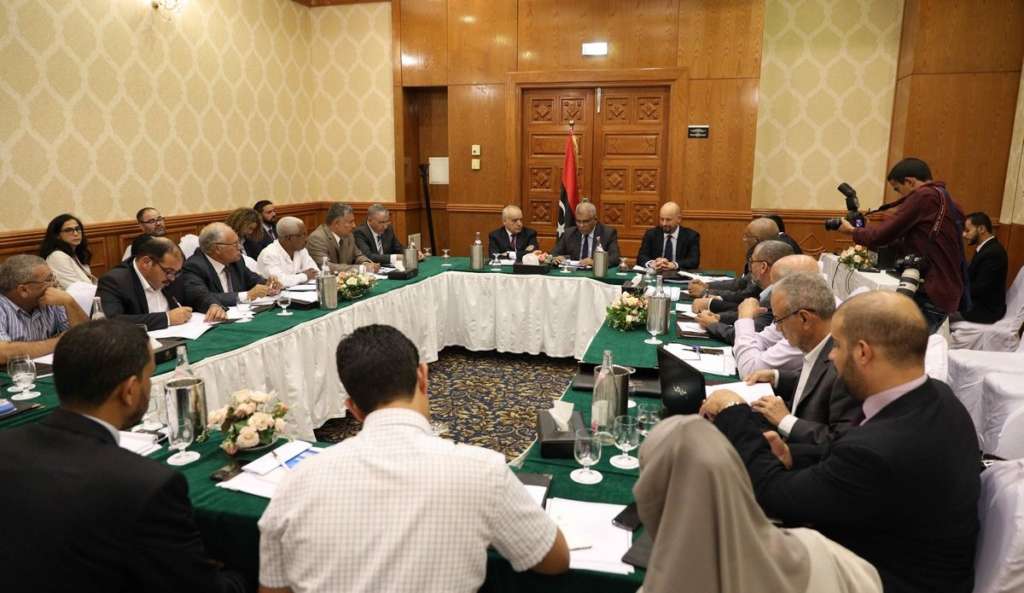Cairo- The Gaddafi family has announced its intention to sue Qatar before the International Criminal Court, which is based in The Hague.
The family’s lawyer, Khalid al-Zaidi, has vowed to sue Qatari figures before the ICC for “supporting terrorism and causing the displacement of Libyan citizens.”
In a news conference held on Tuesday evening in Tunis, Zaidi noted that a team of five international lawyers would soon start to work on the case, pointing out that Doha could be sued under Law No. 1970, which Qatar itself was the reason behind, and that no new Security Council resolution was required to file the case.
Meanwhile, UN Special Envoy for Libya Ghassan Salame continued his efforts to converge the views of the two dialogue committees, representing Libya’s Parliament and the High State Council, as he provided them on Wednesday with a new paper on consensual formulas to resume the negotiations over the amendment of the Skhirat Agreement.
Talks on amending the agreement kicked off last Sunday in Tunis, and were suspended following the withdrawal of Parliament’s representatives over a disagreement on the need to tackle controversial issues.
Omar Boushah, member of the dialogue committee on the High State Council briefed Asharq Al-Awsat about the details of the meeting attended by the UN envoy to Libya. He noted that Salame presented to the two dialogue committees, which convened in Tunis on Wednesday, “a set of ideas centered around some points of agreement, and other issues that remain controversial and should be studied within each committee.”
The head of Parliament’s side in the Joint Drafting Committee, Abdul Salam Nasieh, met with British Ambassador to Libya Peter Millett, with whom he discussed the reasons for the suspension of the second round of political talks in Tunis.
The Libyan Parliament said in a statement published on its Facebook page, early on Wednesday, that the chairman of the dialogue committee and members of the joint drafting committee have briefed Millett on the reasons behind suspending the political dialogue, and they asked the other party (the High State Council) to submit its written notes on the controversial issues.
Parliament went on to say that the British diplomat was “convinced by their view and by the strong argument presented to him.”
It is noteworthy that the British ambassador to Libya also met with the dialogue committee of the High State Council and heard their views on the matter.
In earlier remarks this week, Nasieh said the reason behind his delegation’s withdrawal was the insistence of the High State Council’s dialogue committee not to resolve controversial issues and to return to points and understandings that have already been resolved.
The council responded by saying that no amendments were originally requested.
Media ID: 55385664
Caption:
Caption:
Participants at the second round of the Joint Drafting Committee Meetings in Tunis, October 14, 2017 (UNISMIL Website)
